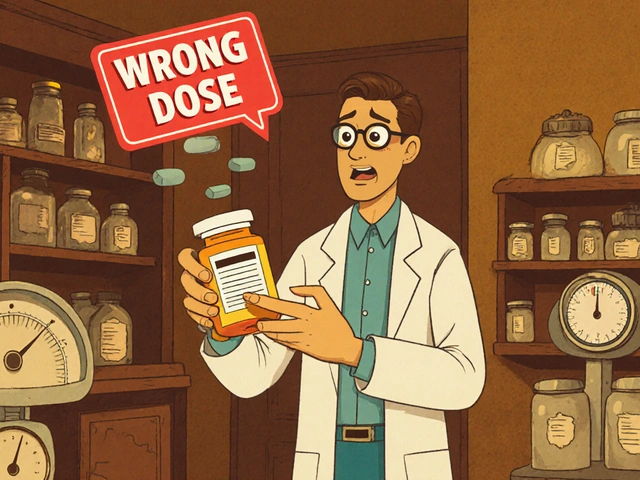Dietary Supplements: What They Are, How They Help, and What to Watch For
When you hear the word "supplement," you probably picture a pill or powder you add to your diet. In reality, supplements cover a huge range of products – from mushroom extracts and trace minerals to herbal teas and vitamins. They’re meant to fill gaps in your nutrition, support specific health goals, or simply give you an extra energy boost.
Before you jump on the latest trend, it helps to know the basics: why people take them, how they can be useful, and what risks might hide behind the label. This guide breaks down the most common reasons to use supplements, shares safety tips you can apply today, and highlights a few popular choices that have stood the test of time.
Why People Choose Supplements
Most folks turn to supplements for three main reasons. First, they want to cover nutrients they don’t get enough of in food – think vitamin D in winter or iron for vegetarians. Second, they look for targeted support, like joint comfort, better sleep, or stronger immunity. Third, they chase performance gains, whether that’s faster muscle recovery or sharper mental focus.
For example, chaga mushroom has become a go‑to for many who want immune support without the hype. A practical guide on chaga explains the dose, possible side effects, and how to pick a quality product. Similarly, lithium in trace amounts is studied for mood stability, and a concise article outlines safe daily sources and what to monitor.
If you’re curious about herbal options, bitter wood (quassia) is another plant that researchers are exploring for digestive health. The key takeaway is that each supplement has a specific purpose, so picking one without a clear goal can waste money and time.
How to Choose Safe, Effective Supplements
Safety starts with the source. Look for manufacturers that follow Good Manufacturing Practices (GMP) and have third‑party testing results posted. If a product claims to cure a disease, it’s probably too good to be true – supplements aren’t approved as medicines.
Read the label carefully. Check the exact amount of the active ingredient, any added fillers, and whether the product lists possible allergens. For people on prescription meds, double‑check for interactions; for instance, high‑dose vitamin K can affect blood thinners.
Start low and go slow. Begin with the minimum recommended dose and see how your body reacts over a week or two. If you notice any unusual symptoms – stomach upset, headaches, or skin rash – stop the supplement and talk to a healthcare professional.
Finally, keep an eye on the expiration date. Supplements lose potency over time, and older products may develop harmful microbes.
By following these steps, you can enjoy the benefits of dietary supplements without exposing yourself to unnecessary risks.
Whether you’re interested in a mushroom extract, a trace mineral, or a traditional herb, the right supplement can be a useful addition to a balanced diet. Remember, supplements are meant to complement, not replace, nutritious foods and regular medical care. Stay curious, stay safe, and make informed choices for your health.
Unlocking the Benefits of American White Water Lily in Modern Dietary Supplements
Get the inside scoop on the American White Water Lily’s rise in dietary supplements, backed by fascinating insights, benefits, and tips that make this aquatic plant a health game-changer.





